Apologetics and a Different Kind of Persuasion
A Different Kind of Persuasion
Have you ever found yourself “in debate mode” while talking to a skeptical friend about Christianity? Perhaps this is because many of us have been equipped with apologetic content (arguments for God’s existence, the reliability of the Gospels, etc.) with less of a focus on an apologetic method for use in everyday conversations.
Sometimes, we can get so concerned about winning or making a certain point, that we lose the credibility that an ambassador of Christ should have. Others you don’t notice may be watching and listening to your conversation. If the exchange gets heated, some may be thinking, “I don’t care if Christianity is true if it’s not good.” So, is there a different kind of persuasion to employ?
At the Hendricks Center, Darrell Bock and I invited John Dickson, the Founding Director of the Centre for Public Christianity, to join us in discussing what persuasion and apologetics can look like when Christians function as cultural minorities in a society.
In this post, I share three quick tips I learned from his visit on how to use a different kind of persuasion in our apologetic encounters:
- Give ’em pause
- Have conversations, not debates
- Show truth and goodness.
Give ’em Pause
Instead of walking into a conversation in “debate mode,” Christians should seek to persuade others by provoking two things: Reflection and a longing for the truth of the gospel. On an episode of the Table Podcast called “Keys to Effective Cultural Engagement,” Bock talked about what he calls “a different kind of persuasion.” He says:
My initial goal…is to get the person to pause and reflect. “Might there be another way to think about what we’re talking about?” with the hope that what I’m putting out on the table is something they can recognize the potential merit of, and then consider what is being said, because it’s different than what they’re used to hearing.
Instead of relying on a more forceful kind of attempt at persuasion, he suggests an approach that communicates something like, “What I’m putting out on the table for you is a helpful way to think about how humans should interact and live with one another…” He says, “There’s certain effectiveness of living that’s being represented. I want to give them pause so they’ll start to think.”
Dickson agrees. He explains how this applies not just in conversations, but even in televised public debate situations:
If I lose well in a debate or discussion with a journalist, but I’ve done it so well that I know that the audience is thinking, “That Christian guy was reasonable and level headed and pretty nice.” That commends the gospel. I don’t go around trying to lose, but I’m not so concerned about losing… losing well is sometimes a beautiful representation of the gospel for those looking on…
Richard Dawkins is doing us a favor in the long term because he is so extreme…If the average, thoughtful doubter thinks, “That’s not an approach I like. I thought the Christian did a little bit better there.” That is winning.
Have Conversations, not Debates
You probably won’t yourself defending the faith on TV or in a literal academic debate. But even in everyday conversations, other people may be watching you interact with someone who sees Christianity differently. How do you compose yourself? Rather than being consumed with winning the debate, let’s engage in a real conversation. Remind yourself, “I’m in a conversation, not a debate.” Bock elaborates:
The first rule is, “I’m engaged in a conversation versus a debate. I’m not trying to win anything. All that I’m trying to do is demonstrate what I hope is the reasonableness of what I believe in a way that will draw people in to consider what it is that’s being said…” I’m probably not going to convince the guy on the other side of the microphone but I’m interested in the person who’s trying to decide, “Which microphone am I going to believe?” and hopefully draw them in my direction as opposed to the direction of the person who I may be pitted against.
Show Truth and Goodness
Today, many people are wondering not if Christianity is true, but if Christianity is even good. They reason, “If it’s not good, then should I, why to care if it’s true?” Don’t forget that persuasion is always person-relative. While you may not be able to help someone consider the truth of a certain Christian truth claim, you may be able to show them by the tone of your conversation and the way you treat them that Christianity is good.
Dickson notes that this was the approach of C.S. Lewis:
Lewis came to believe that if he could convey the beauty of Christianity to people, it opens them up to the truth…He wanted to convey the beauty of ideas to allow people to open up to the possibility that they’re also true. To want it to be true is a step along the path to knowing it’s true…
He goes on to say:
The Greek word epikeia, which you find in Paul’s letters is translated as “gentleness,” but it really means “humanitarian regard,” that moderate, fair, just character. We trust…the good-hearted person more than anyone else on all topics.
The key to persuasion is if you are someone who is trustworthy, …that moves belief. Aristotle said this ethos is the primary part of persuasion because we believe those who we perceive to be credible and fair-minded far more easily than we do anyone else.
I agree. Our skeptical friends and neighbors are more likely to give Christianity a fresh hearing if we can, through our actions, show them that Christianity is good. I like how Dickson describes goodness as “morally credible, loving, generous, compassionate, humble—things that flow out of the gospel.” Sometimes, just getting someone to want that goodness, to long for that goodness, is a step in the right direction—even if they are not fully persuaded of its truth just yet. As Christian ambassadors, we need to help people see the beauty and goodness of Christianity, in addition to the truthfulness of its claims.
Reflection and Persuasion
I enjoyed putting this episode of the Table Podcast together and getting Bock and Dickson together to discuss a different kind of persuasion. These insights are applicable to both personal discussions and square public conversations. Rather than being primarily concerned about winning a debate, let’s focus on getting people to pause and reflect on the effectiveness of living God’s way. Yes, we should defend the faith with confidence. But let’s also be mindful of our demeanor and the way it affects those who may be watching and listening.
The next time you find yourself operating in “debate mode,” take a step back. Consider these tips and try using a different kind of persuasion.
Recommended resources related to the topic:
Tactics: A Game Plan for Discussing Your Christian Convictions by Greg Koukl (Book)
Practical Apologetics in Worldview Training by Hank Hanegraaff (Mp3)
The Great Apologetics Adventure by Lee Strobel (Mp3)
Defending the Faith on Campus by Frank Turek (DVD Set, mp4 Download set and Complete Package)
So the Next Generation will Know by J. Warner Wallace (Book and Participant’s Guide)
Reaching Atheists for Christ by Greg Koukl (Mp3)
Living Loud: Defending Your Faith by Norman Geisler (Book)
Fearless Faith by Mike Adams, Frank Turek and J. Warner Wallace (Complete DVD Series)
Mikel Del Rosario helps Christians explain their faith with courage and compassion. He is a doctoral student in the New Testament department at Dallas Theological Seminary. Mikel teaches Christian Apologetics and World Religion at William Jessup University. He is the author of Accessible Apologetics and has published over 20 journal articles on apologetics and cultural engagement with his mentor, Dr. Darrell Bock. Mikel holds an M.A. in Christian Apologetics with highest honors from Biola University and a Master of Theology (Th.M) from Dallas Theological Seminary where he serves as Cultural Engagement Manager at the Hendricks Center and a host of the Table Podcast. Visit his Web site at ApologeticsGuy.com.
Original Blog Source: http://bit.ly/2TvHG5f



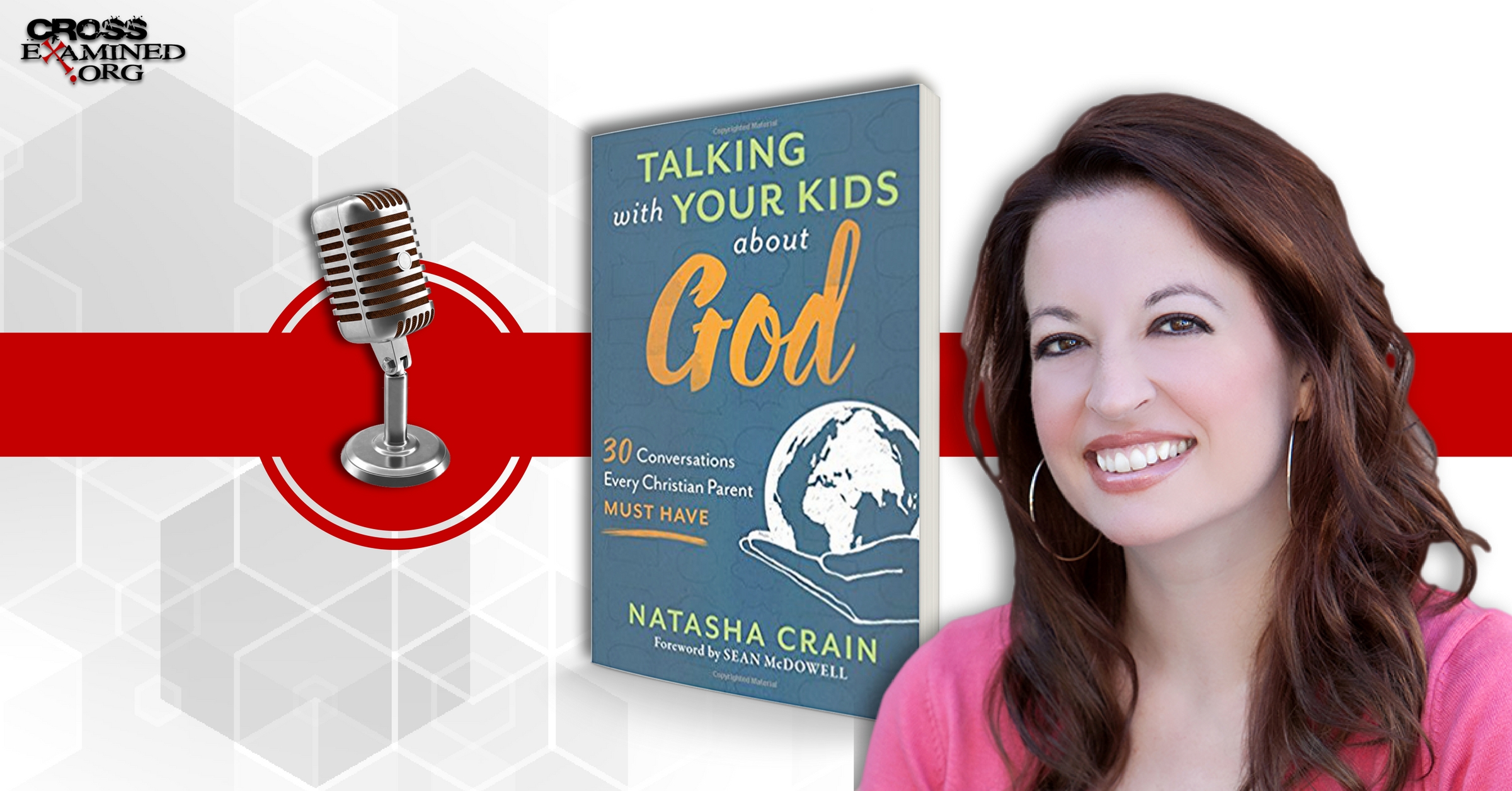
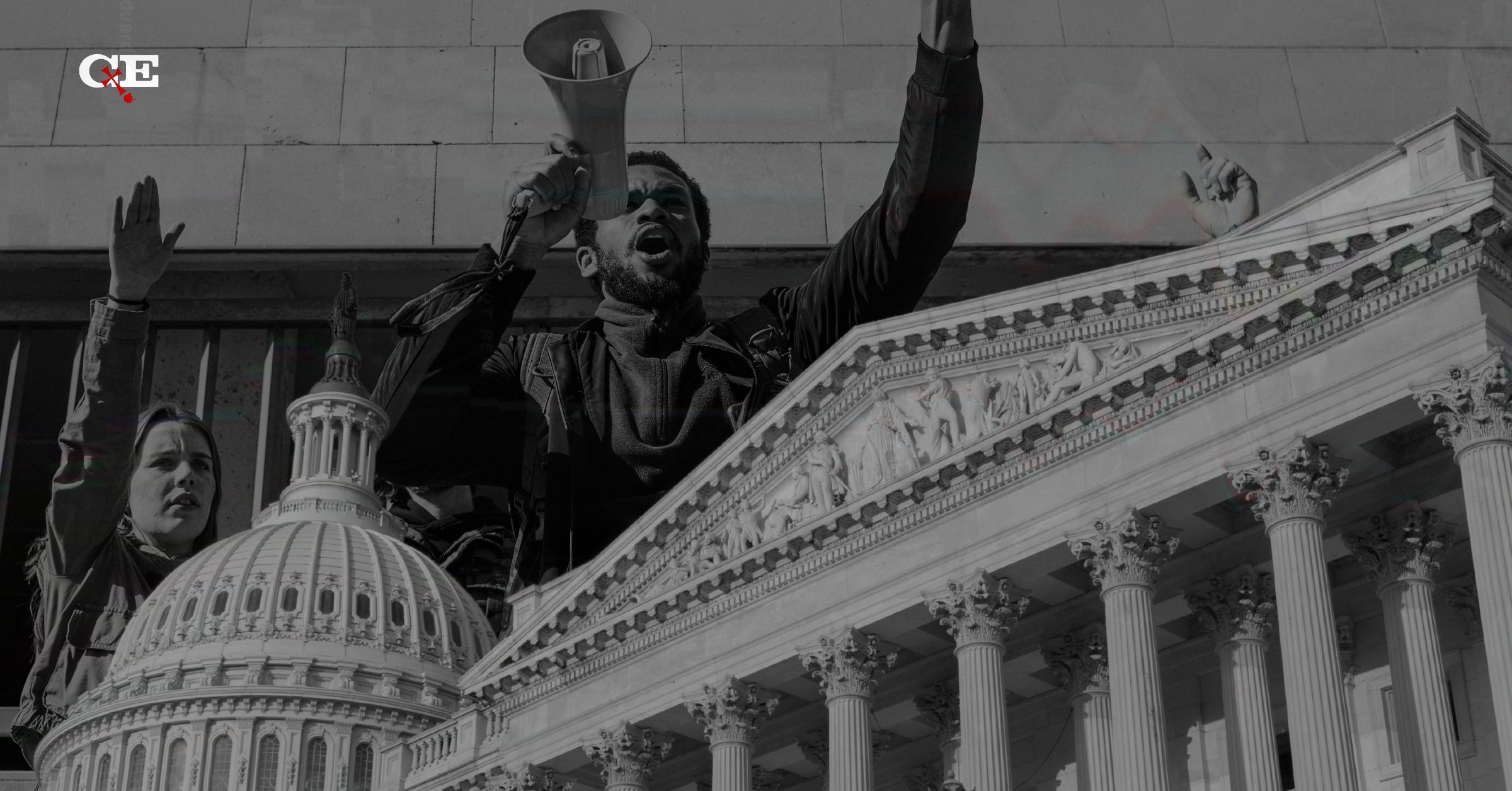
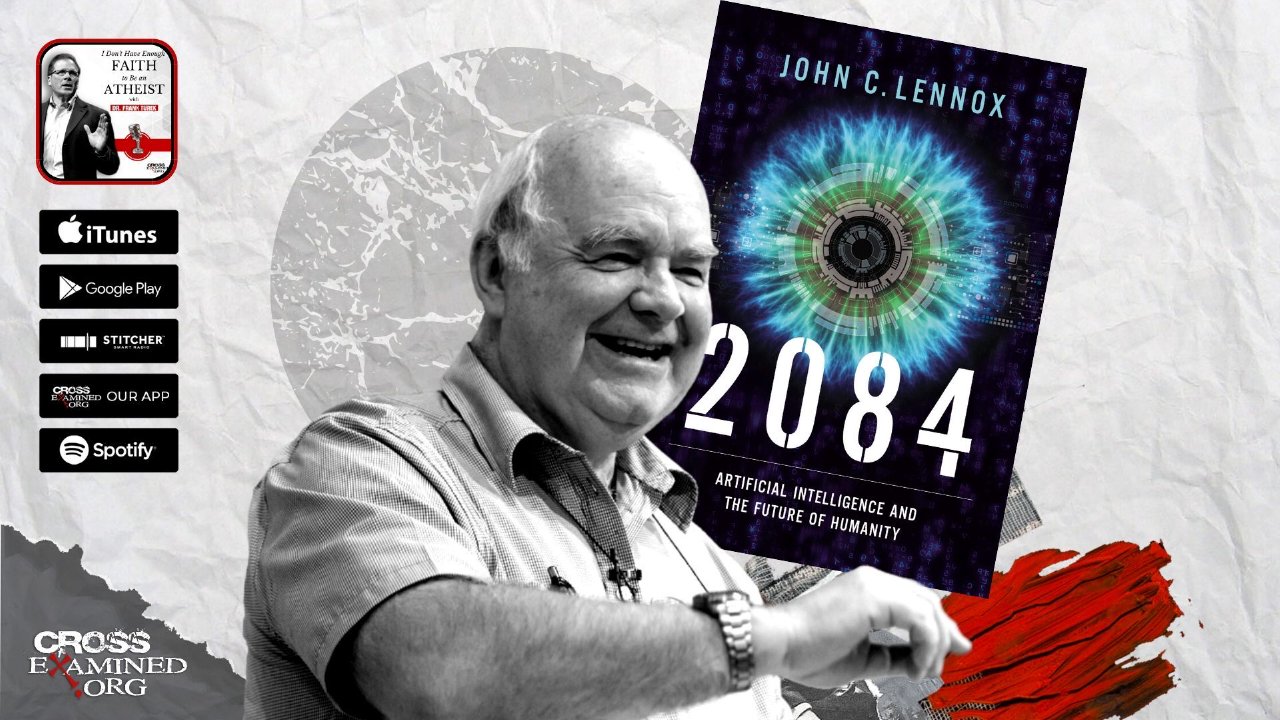

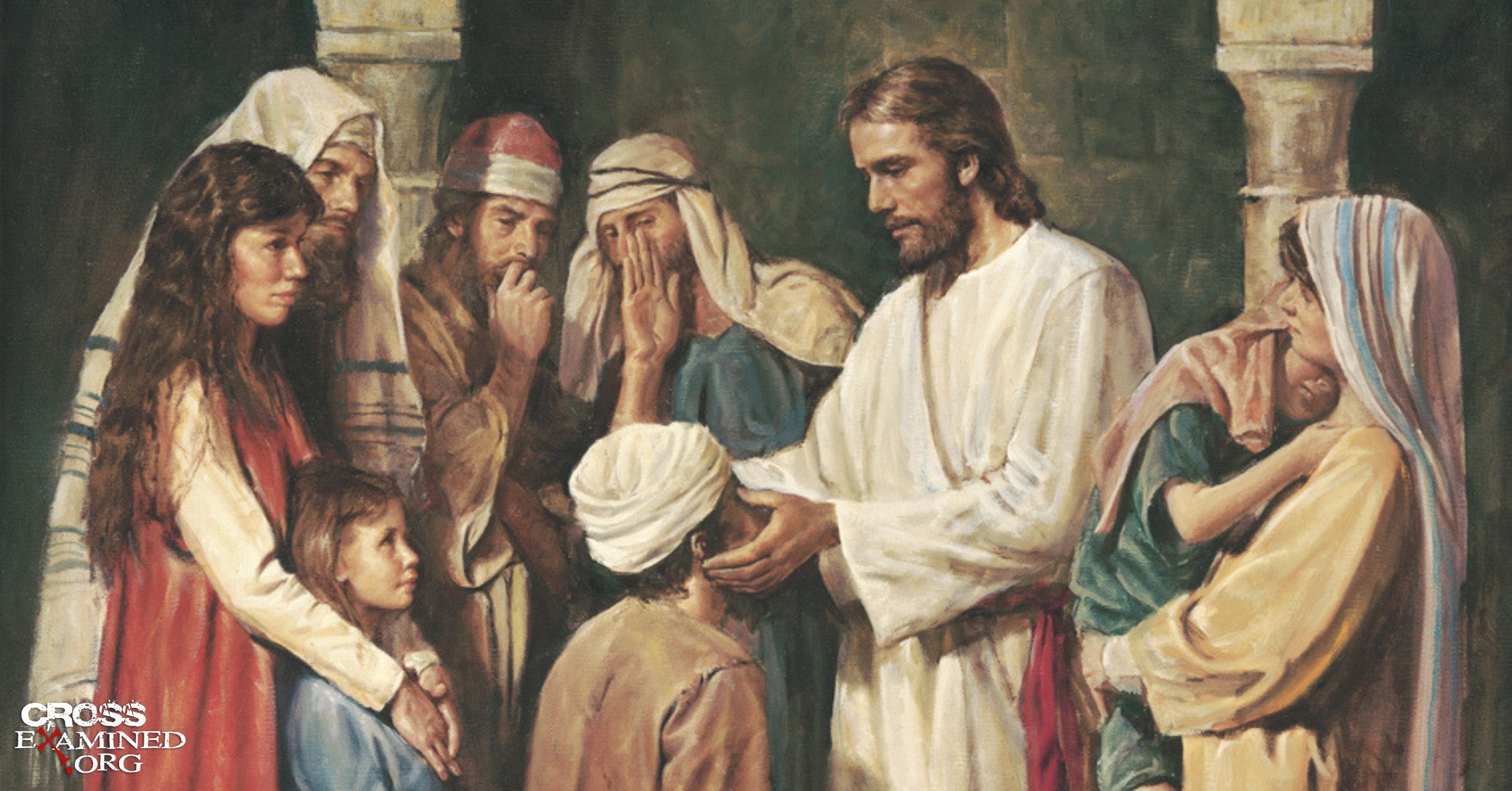
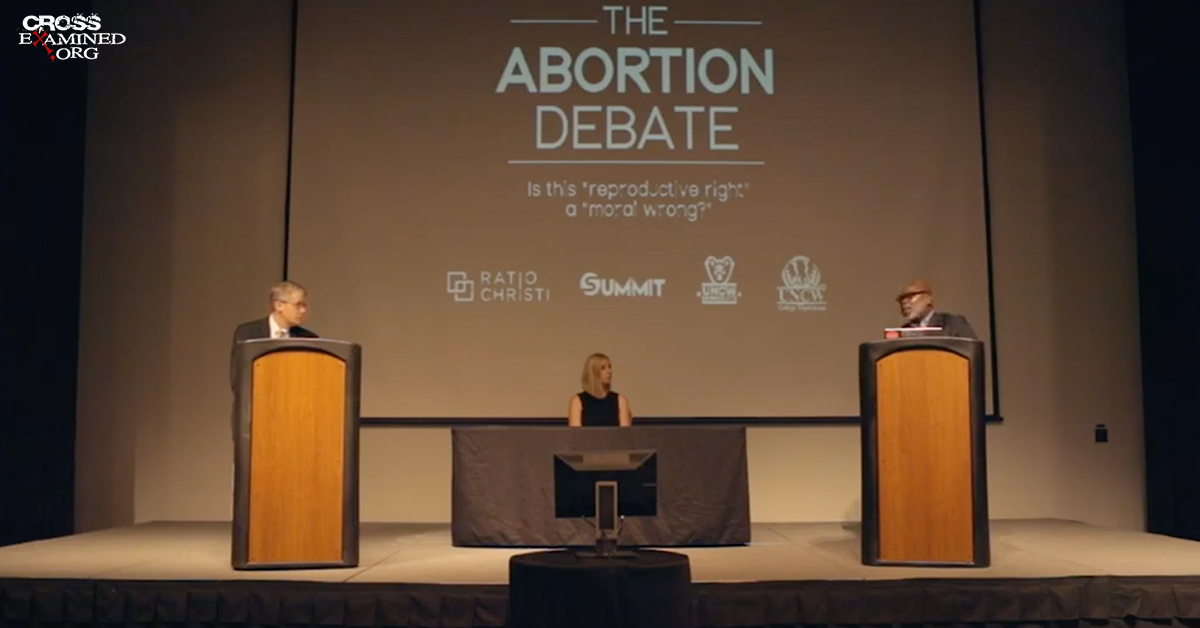


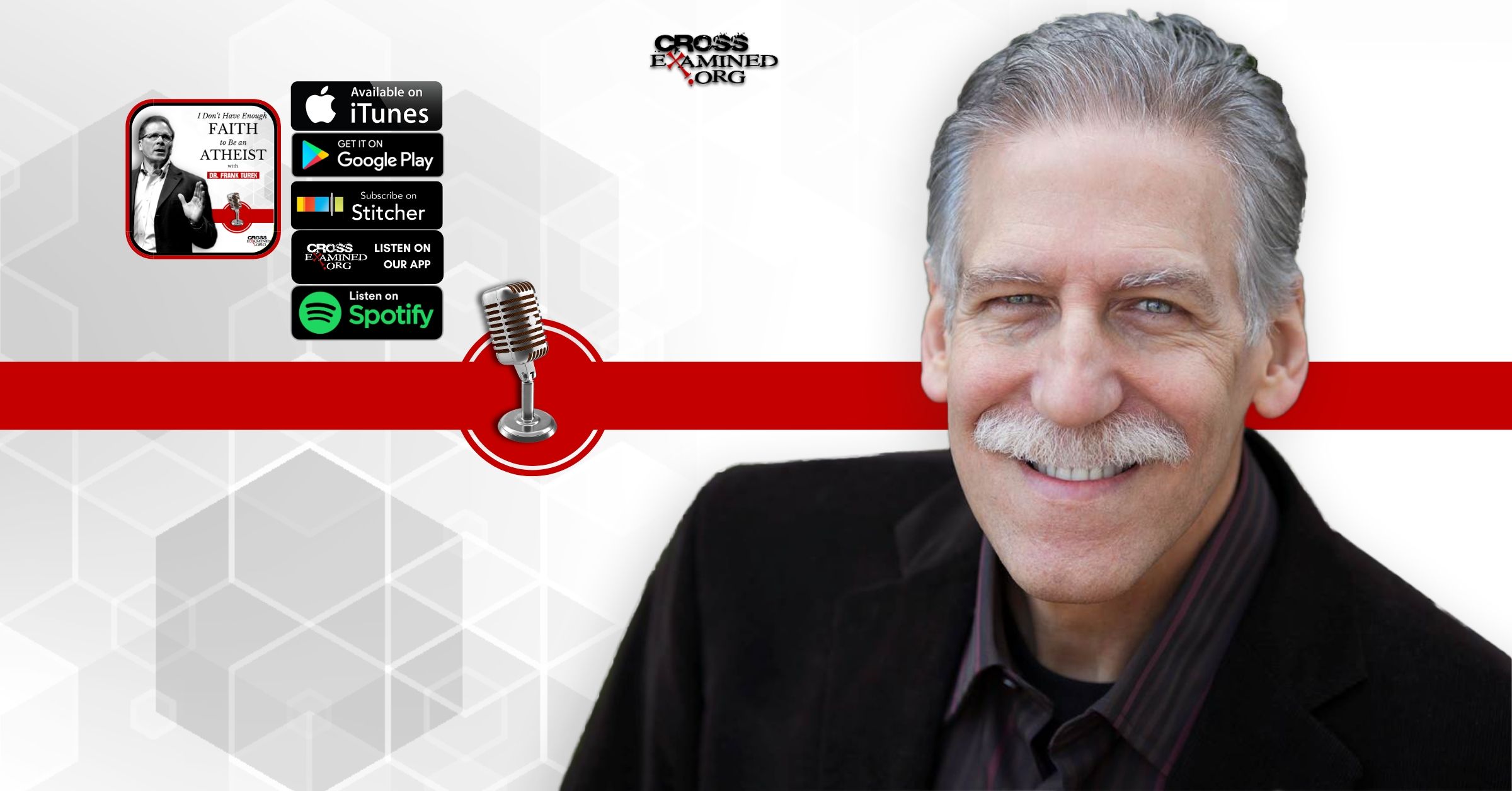
Leave a Reply
Want to join the discussion?Feel free to contribute!